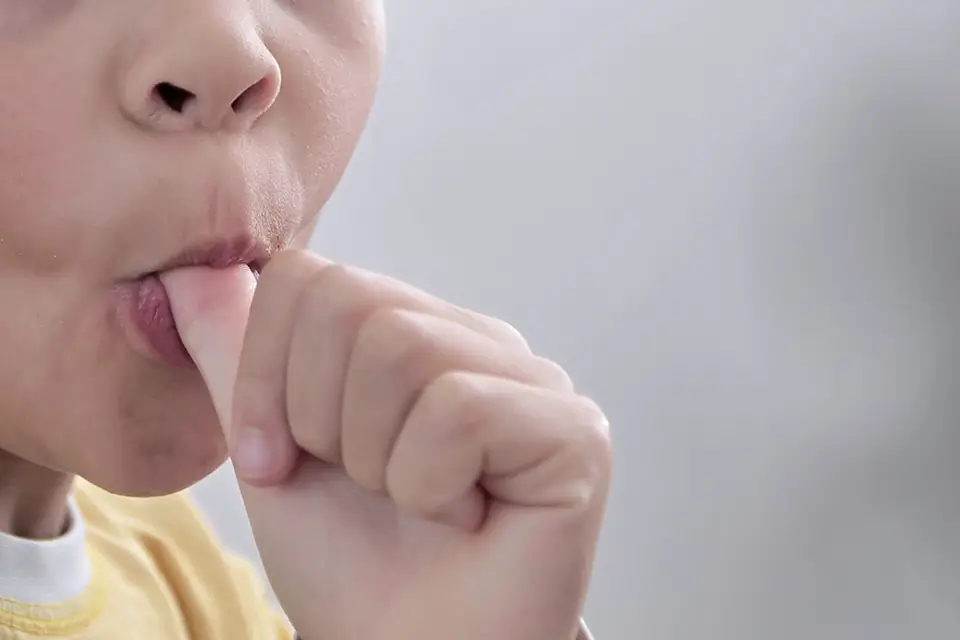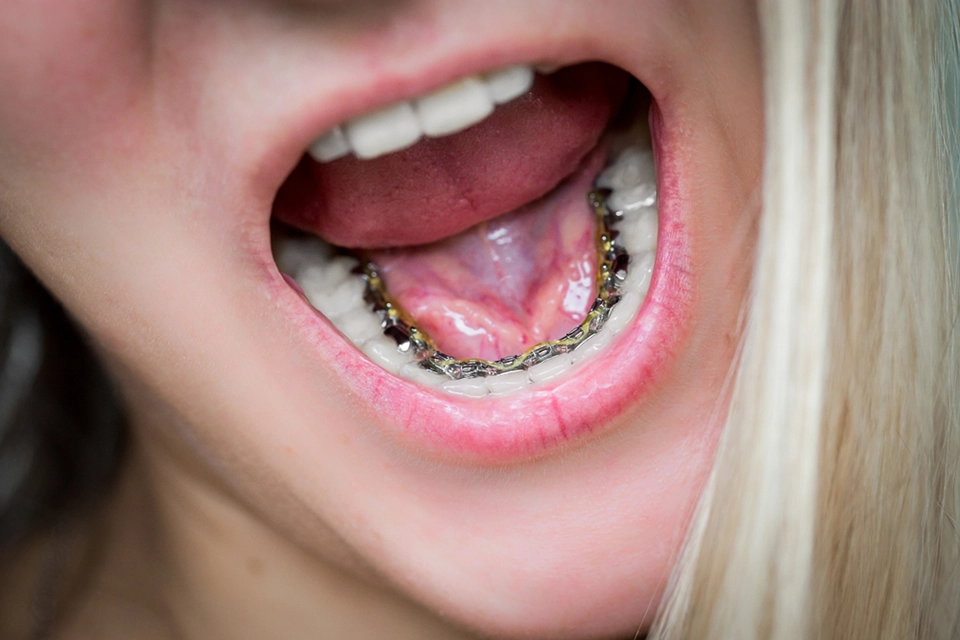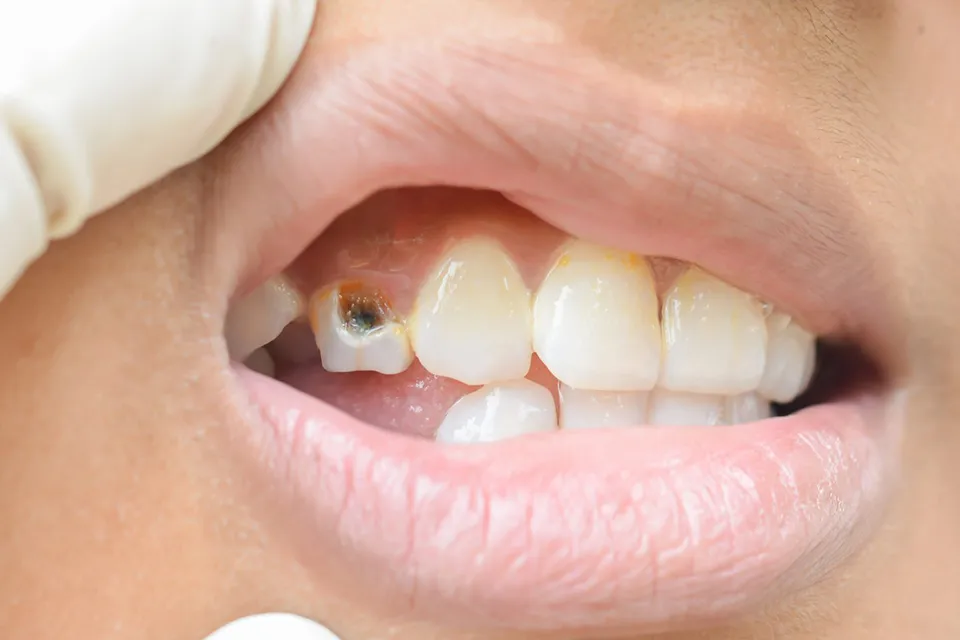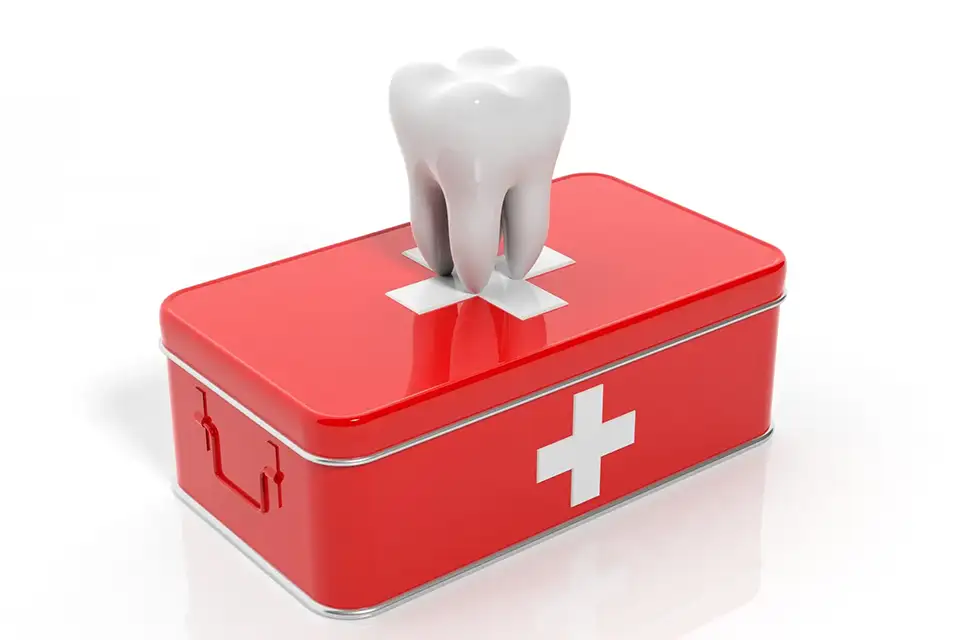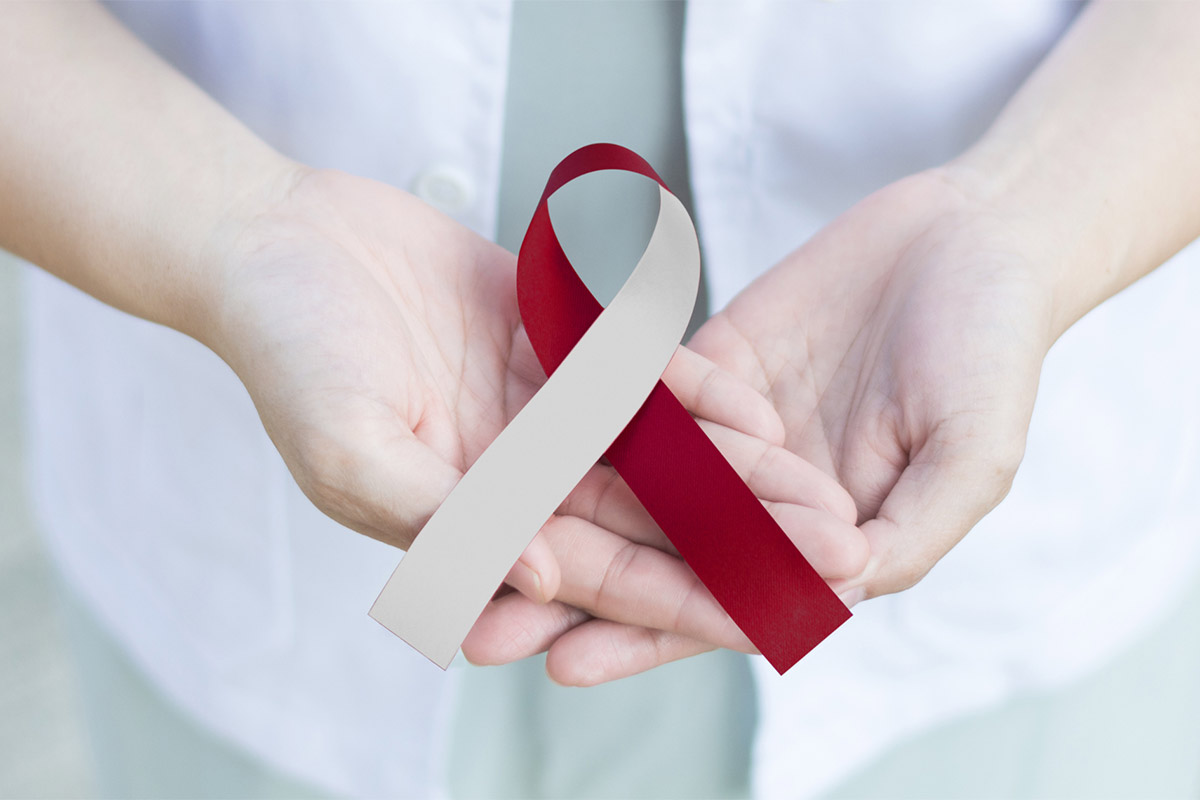What Are Oral Cancer Screenings?
Healthcare experts perform oral cancer screenings to detect early indicators of oral cancer or precancerous diseases in the mouth. Oral cancer screenings consist of visualizing the mouth for abnormalities or suspicious lesions. This includes the lips, gums, tongue, cheeks, and throat.
The healthcare professional may employ several methods to assess the oral tissues during an oral cancer screening.
These may include:
Visual Inspection
The healthcare expert checks the entire mouth, looking for any unexpected changes in the color, texture, or shape of the oral tissues.
Physical Examination
They may palpate the lymph nodes in the jaw and neck area to look for swelling or soreness.
Using a Tongue Depressor
By holding the tongue down, a tongue depressor enables a clearer view of the back of the mouth and throat.
Oral Rinse
Some screenings may entail rinsing the mouth with a particular dye or solution. Moreover, this increases the visibility of abnormal cells.
Specialized Tools
Sometimes, the healthcare provider may utilize extra tools such as a lighted mirror or a handheld device known as a VELscope, which uses fluorescence to detect abnormal tissue.
Additional diagnostic procedures, such as a biopsy, may be advised if any questionable areas are found during the screening. These procedures confirm the existence of oral cancer or precancerous lesions.
5 Reasons Why Oral Cancer Screenings Are So Important
Regular oral cancer screenings are crucial for several reasons:
Early Detection
Oral cancer has a better prognosis and a higher possibility of successful treatment when discovered in its early stages. Regular screenings can aid in detecting any suspicious or abnormal changes in oral tissues. By utilizing them dentists can detect these changes before they progress to the advanced stages of cancer.
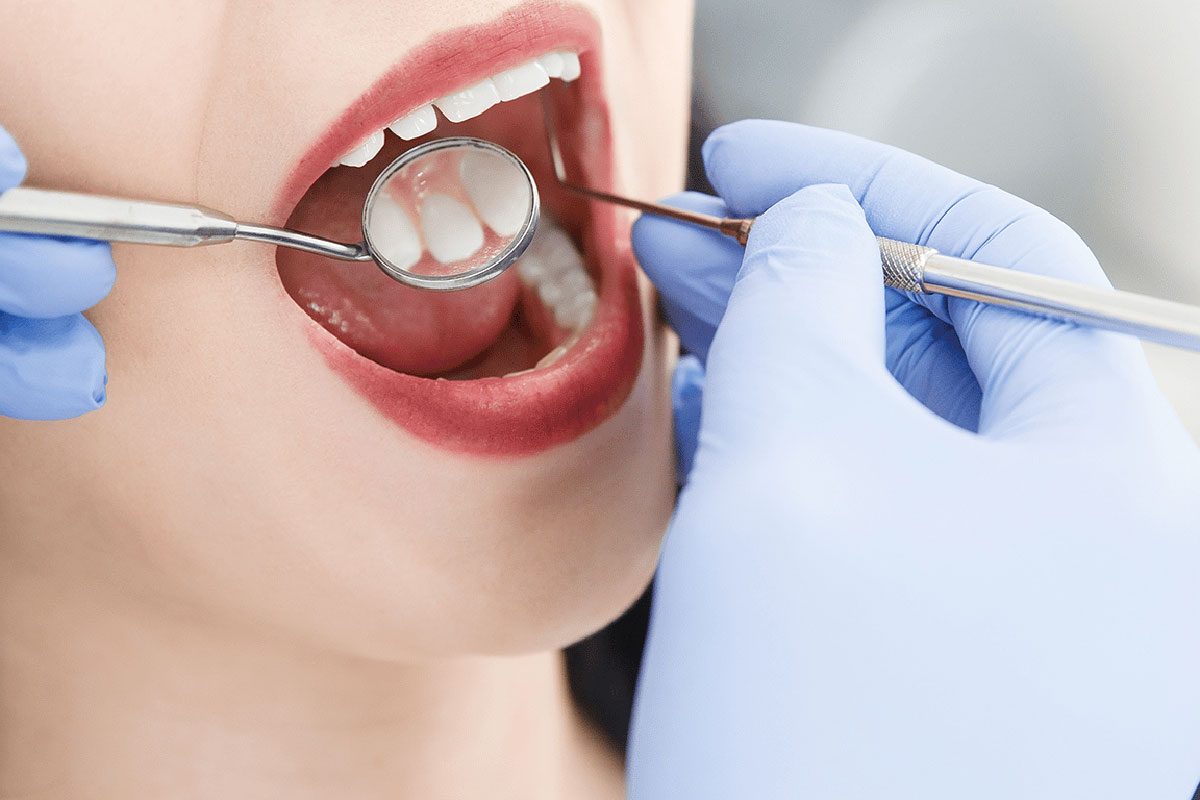
Prevention and Risk Assessment
Oral cancer screenings allow healthcare practitioners to analyze a person’s risk factors for developing oral cancer. This includes assessing lifestyle habits like tobacco and alcohol use and other factors like family history and exposure to particular carcinogens.
By identifying these risk factors, people can learn about possible preventive steps and lifestyle changes to lower their risk.
Higher Survival Rates
If left untreated or discovered at an advanced stage, oral cancer poses a risk to life. Regular screenings can increase the likelihood of early diagnosis, resulting in earlier intervention and improved treatment outcomes. Early-stage oral cancer has a greater survival rate than advanced-stage cancer.
Monitoring High-Risk Individuals
Some people are at a higher risk of developing oral cancer due to a variety of factors, such as a previous oral cancer diagnosis, genetic disorders, or long-term tobacco and alcohol use. Regular exams are essential for those with these conditions because they enable close monitoring. They also allow early identification of any changes or suspicious lesions in the oral cavity.
Education and Awareness
Oral cancer screenings allow healthcare practitioners to educate people about the signs and symptoms of oral cancer. We can also learn about the significance of regular self-examinations. Additionally, this awareness can help people notice potential abnormalities and seek immediate medical assistance.
It is crucial to highlight that while oral cancer screenings are beneficial, they are not definitive diagnostic tests. Additional tests, like a biopsy, may be required to confirm the presence of oral cancer if abnormalities or potentially dangerous lesions are discovered during a screening.
Consult a healthcare expert or dentist to determine the best screening frequency based on your risk factors.
Who Needs Oral Cancer Screenings?
Individuals who have certain risk factors or meet particular criteria should have an oral cancer checkup. For example, individuals with a history of tobacco or alcohol use, a previous oral cancer diagnosis, exposure to particular carcinogens, a family history of oral cancer, and individuals with genetic disorders associated with an elevated risk of oral cancer are all at risk.
Additionally, people should get an oral cancer examination if they notice any persistent abnormalities in their oral tissues, such as sores, lumps, or discoloration.
Furthermore, regular screenings, which can aid in the early diagnosis and treatment of oral cancer, are especially crucial for those at higher risk. Call us at Zara Dental and schedule a dental examination immediately if you live in Houston, Texas!

